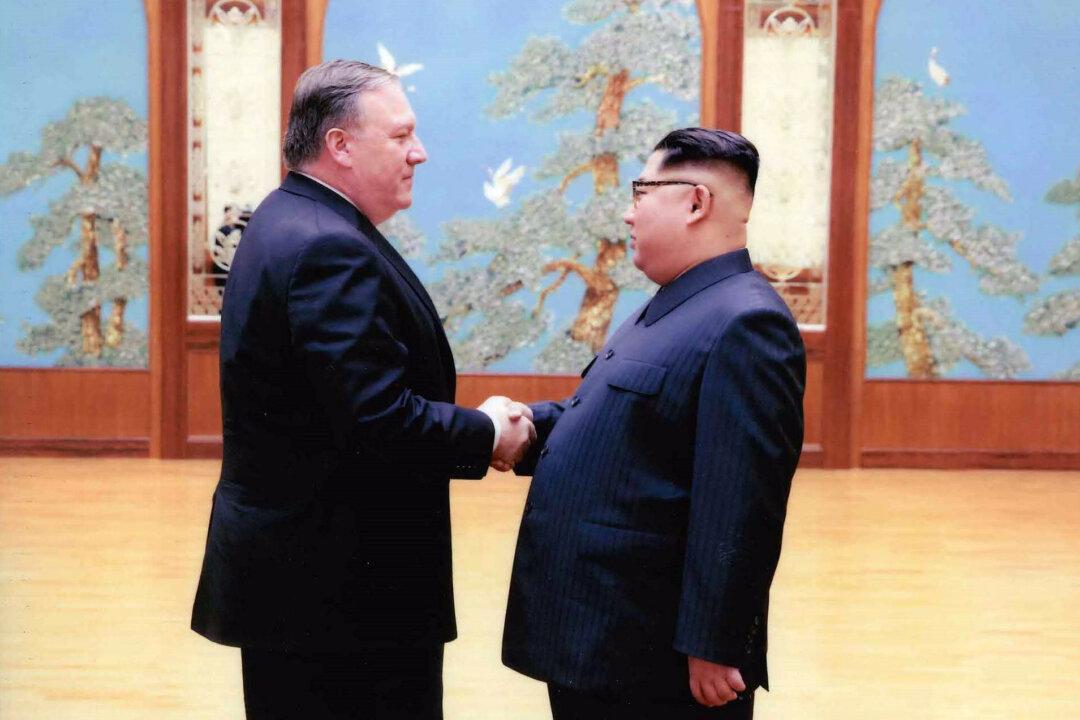WASHINGTON—A former senior U.S. diplomat from the Obama administration said that President Trump’s recent decision to withdraw from the Iran nuclear deal would not adversely affect U.S. negotiations with North Korea, contrary to the opinion of many of Trump’s critics. The regime’s dictator Kim Jong-Un never trusted the United States and is unlikely to follow through with an agreement in any case, the former Obama official said.
Daniel Russel served as the assistant secretary of state for East Asia and Pacific from 2013 to 2017, which means that for four years he was the top U.S. diplomat for Asia under the Obama administration.




